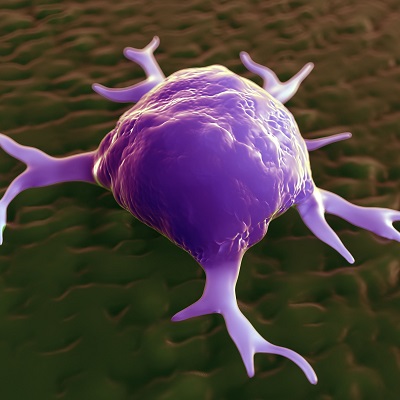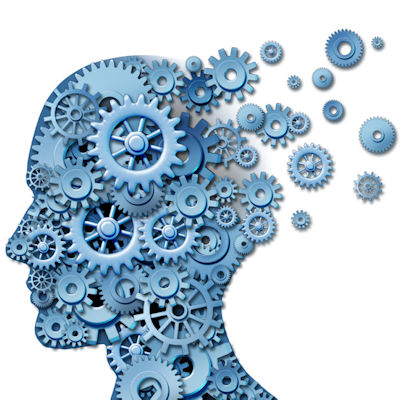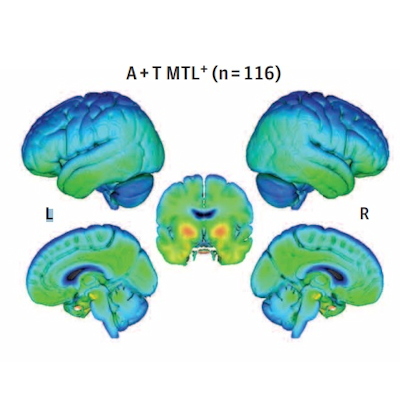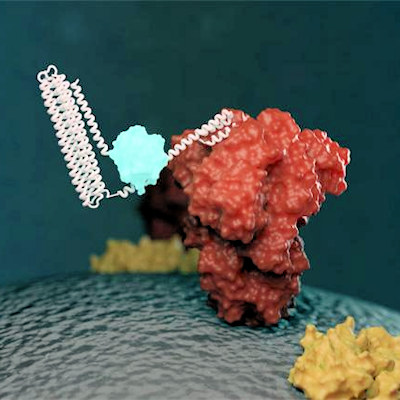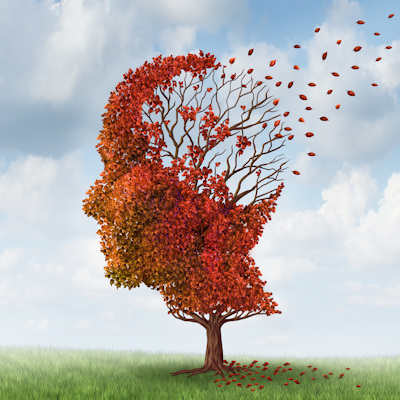October 28, 2022 -- A $1.2 million National Institutes of Health (NIH) grant will help Penn State-led researchers explore the development of a machine-learning system to detect Alzheimer's disease as early and as non-invasively as possible.
Alzheimer's disease is the most common form of dementia, affecting nearly 6 million Americans. Characterized by progressive memory loss, cognitive impairment, and personality changes, this neurodegenerative disorder has become a growing health concern as the nation's population ages.
Early detection can enable more timely treatments and interventions. Currently, doctors rely on several biomarkers to detect Alzheimer's disease. However, collecting biomarker data can be expensive and time-consuming.
The Penn State researchers will design a system that utilizes a variety of biosensors, including optical, mechanical, and electrochemical nano-sensors, to analyze biological samples. Such biosensing data pairs well with machine learning, and the combination of the two technologies could lead to discoveries about other diseases. The team is currently analyzing animal biological samples; if successful, they will transition to human samples.
"Given different types of sensing data, for instance, data acquired from different biochemical markers in human body fluids, machine learning can perform feature selection and establish associations between an individual biomarker and Alzheimer's disease," co-principal investigator Sharon Huang, PhD, Penn State professor of information sciences, said in a statement. "The technique also has the potential to be high throughput, making it possible to be used in screening for the disease."
"Our next steps are to develop more inexpensive and non-invasive diagnosis methods for Alzheimer's disease and incorporate more sensing data such as human vocal biomarkers and eye movement biomarkers," said lead principal investigator Fenglong Ma, PhD, Penn State assistant professor of information sciences.
Copyright © 2022 scienceboard.net




